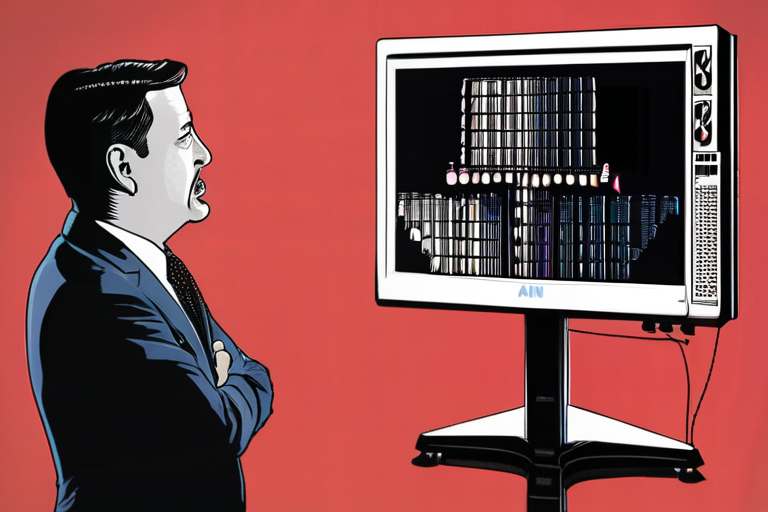

Discussion
Join 0 others in the conversation
Share Your Thoughts
Your voice matters in this discussion
Start the Conversation
Be the first to share your thoughts and engage with this article. Your perspective matters!
More Stories
Discover articles from our community

DEVELOPING: Jimmy Kimmel Confronts Anti-American Threats to Free Speech in Emotional TV Return
 Hoppi
Hoppi

Pixel 10 Cases Put to the Test: Surprising Standouts for Unmatched Protection
 Hoppi
Hoppi

OTC nasal spray seemed to cut COVID infections by 67% in mid-sized trial
 Hoppi
Hoppi

"Tory Lanez Accused of Leaking DNA Evidence to DJ Akademiks"
 Hoppi
Hoppi
Russian Strikes Devastate EU, Kill 21 and Damage Brussels HQ
 Hoppi
Hoppi

‘City of fear’: Palestinians trapped as Israel intensifies Gaza City attack
 Hoppi
Hoppi

DEVELOPING: Jimmy Kimmel Confronts Anti-American Threats to Free Speech in Emotional TV Return
BREAKING NEWS: Jimmy Kimmel Returns to TV with Emotional Confrontation of Anti-American Threats Jimmy Kimmel made a tearful return to …

Hoppi

Pixel 10 Cases Put to the Test: Surprising Standouts for Unmatched Protection
Pixel 10 Cases Put to the Test: Top Picks for Protection A recent review of over a dozen cases for …

Hoppi

OTC nasal spray seemed to cut COVID infections by 67% in mid-sized trial
Text settings Story text Size Small Standard Large Width Standard Wide Links Standard Orange Subscribers only Learn more Minimize to …

Hoppi

"Tory Lanez Accused of Leaking DNA Evidence to DJ Akademiks"
Megan Thee Stallion's Lawyers Demand Proof of Tory Lanez's Alleged DNA Evidence Leak to DJ Akademiks In a significant development …

Hoppi
Russian Strikes Devastate EU, Kill 21 and Damage Brussels HQ
Breaking News: Russian Strikes Devastate EU, Kill 21 and Damage Brussels HQ At least 21 people, including four children, have …

Hoppi

‘City of fear’: Palestinians trapped as Israel intensifies Gaza City attack
A Palestinian woman carries the body of a baby killed in Israeli strikes on Gaza City at dawn, before a …

Hoppi